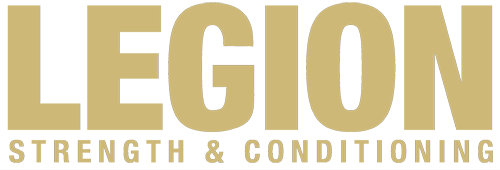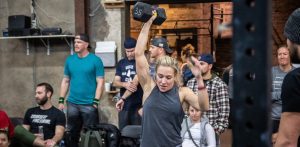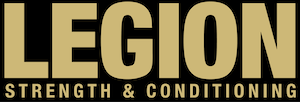Our previous Science with Sergio episode was focused on a preprint paper discussing predictive coding and fatigue. This was a pretty dense paper that relied heavily on Bayesian models of cognition. Basically, this means that our brains our constantly trying to predict what is going to happen, and that we are making little updates all the time to what we are doing (and what we are predicting) to make those predictions more accurate.
Now, this may sound like some pretty esoteric stuff…and it is!
So, for this episode, we figured we’d go to one of the sources and cover Karl Friston’s “free energy principle” for brain modeling. Friston has done a lot to popularize some of these concepts, so we chose his review paper “The free-energy principle: A unified brain theory?”
Now, you may be wondering what esoteric models for thinking about consciousness and cognition have to do with exercising.
Well, a lot of folks in the fitness space spend a lot of time talking about mindset. Rather than talking about mindset and how to improve your mental toughness, we at the Legion Strength & Conditioning podcast would like to talk about prediction error and updating our priors. (Sidenote: This is a really great marketing strategy! You should try it!)
Any sort of exercise performance is going to be largely mediated by the brain. Want to get less tired? Want to have better technique or learn skills more quickly? Want to learn to intuitively pass your way through workouts. All of these can be better understood through Friston’s free-energy principle, even if it doesn’t translate into immediately actionable fitness advice.
Oh and in this episode I wonder what the deal is with positive prediction errors — meaning what happens when we make a significant prediction error, and the outcome is positive. The deal is dopamine. Dopamine is released when you receive an unexpected reward.
Check out the episode below.
Listen Here
- iTunes
- Overcast
- Google Podcasts
- mp3
- Or stream here:
- If you’re enjoying the show, why not a leave a review? It makes a difference in terms of other people finding the show.
Show Notes:
- [0:13] Introductions to Karl Friston’s free energy principle and the concept of prediction error
- [11:31] Better prediction results in fewer errors which results in the opportunity to do more which results in more learning — the virtuous cycle of good prediction
- [22:40] Thinking about the free energy model in terms of improving technique on a snatch — and two common coaching mistakes
- [35:02] How does the concept of “athleticism” relate to the free energy principle?
- [46:52] Ways that organisms reduce free energy: manipulating the external world or updating their models of how things work. And, how does “rate of perceived exertion” relate to all of this?
Links and Resources Mentioned:
- The free-energy principle: a unified brain theory?
- Free energy principle
- Bayesian reasoning
- Homeostasis
- Information theory
- Gibbs free energy
- Dopamine reward prediction error coding
- Allostatic load
- Erythropoietin (EPO)
- The psychobiological model: a new explanation to intensity regulation and (in)tolerance in endurance exercise






